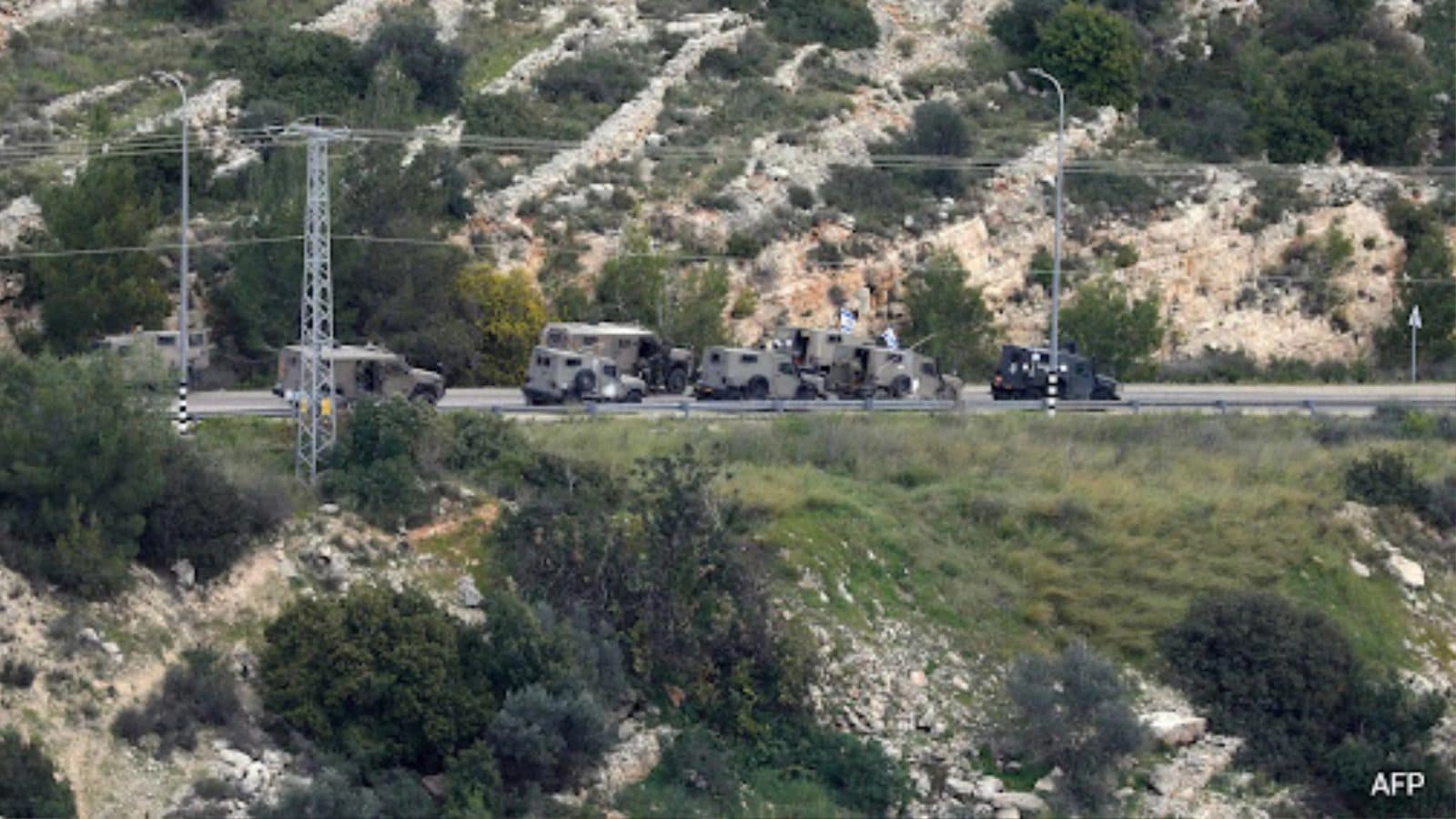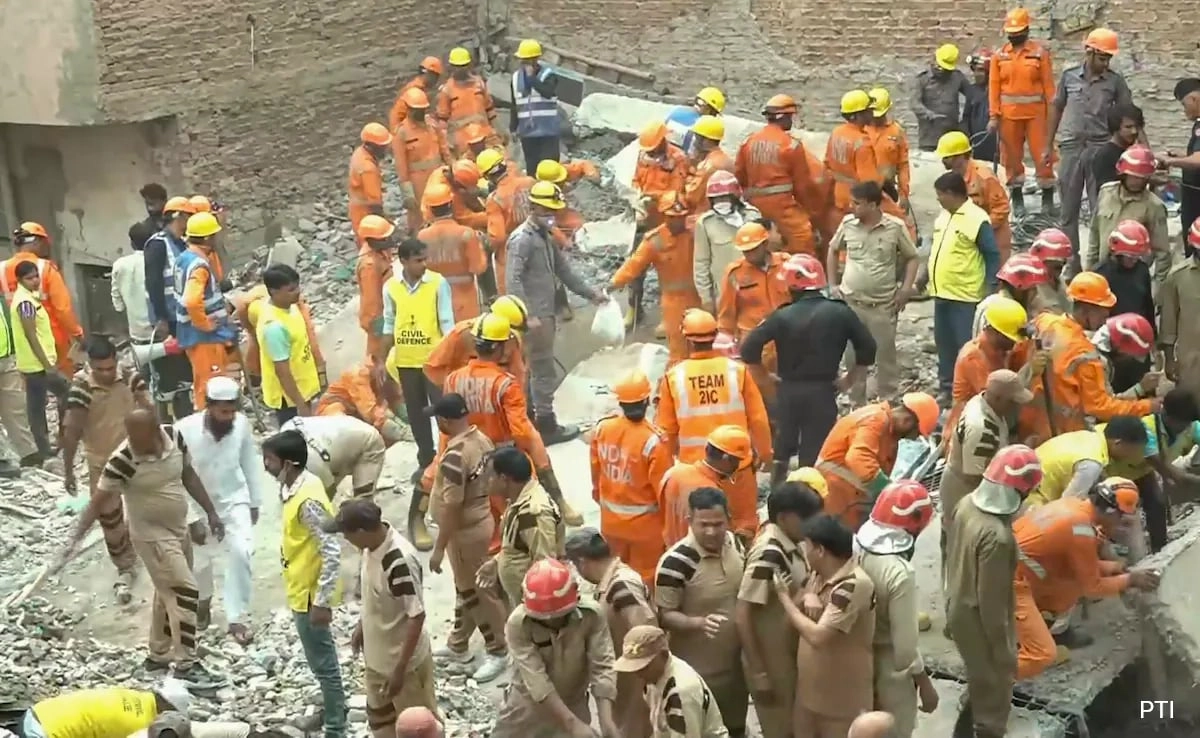In a significant display of international discontent, twenty-one countries have banded together to condemn Israel’s proposed settlement plan in the West Bank, labeling it as a catalyst for violence in an already volatile region. The collective statement from these nations highlights concerns that the expansion of settlements not only undermines the prospects for a peaceful resolution to the Israeli-Palestinian conflict but also poses a direct threat to the stability of the region. This condemnation reflects a growing unease among the international community regarding Israel’s ongoing territorial expansion policies, which are seen as a significant barrier to achieving lasting peace.
The West Bank settlement plan has drawn sharp criticism, particularly because it is perceived as an infringement on Palestinian rights and aspirations for statehood. Many analysts argue that such actions exacerbate tensions and fuel animosity, making it increasingly difficult to foster dialogue or negotiation between the two sides. The settlements often lead to the displacement of Palestinian communities and contribute to a cycle of violence and retaliation. The countries involved in the condemnation call for Israel to reconsider its approach and engage in meaningful discussions aimed at achieving a two-state solution, which they believe is essential for long-term peace and stability in the region.
Furthermore, the statement from these twenty-one nations underscores the urgency of addressing the humanitarian implications of the settlement expansions. Increased military presence and infrastructure development in the West Bank have led to heightened restrictions on movement for Palestinians, impacting their daily lives and overall well-being. The international community emphasizes that a peaceful coexistence cannot be realized without safeguarding the rights of all individuals affected by these policies. As tensions continue to rise, the call for a reevaluation of settlement plans becomes ever more critical, as the potential for violence looms large over the landscape of the Israeli-Palestinian conflict.
In light of these developments, the global community is watching closely, hoping that diplomatic efforts will prevail over unilateral actions that further entrench divisions. The challenge remains significant, but the unified stance of these nations signals a collective desire for a resolution that respects the dignity and rights of both Israelis and Palestinians. The path forward, while fraught with obstacles, hinges on a commitment to dialogue, compromise, and a genuine pursuit of peace.




